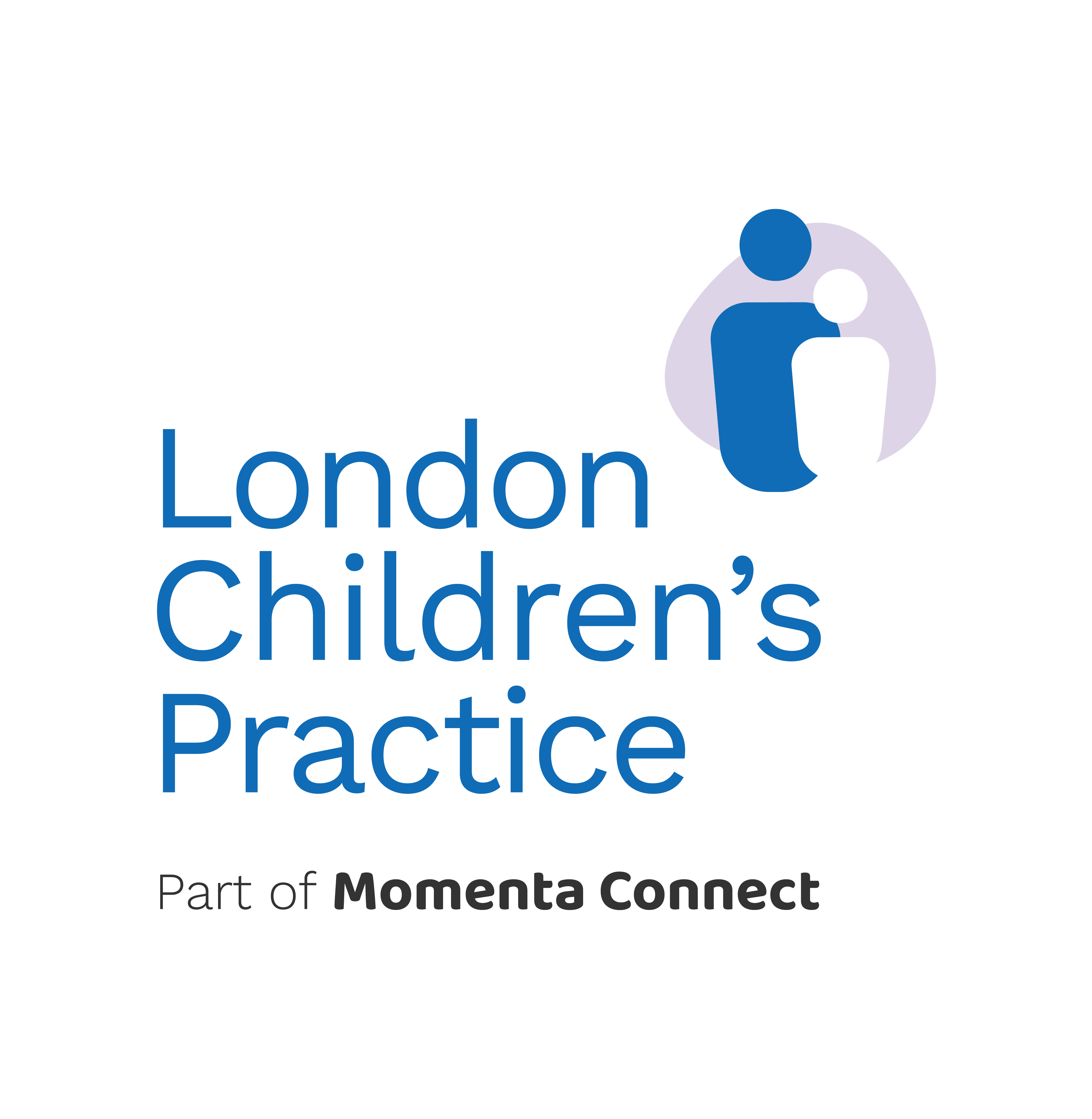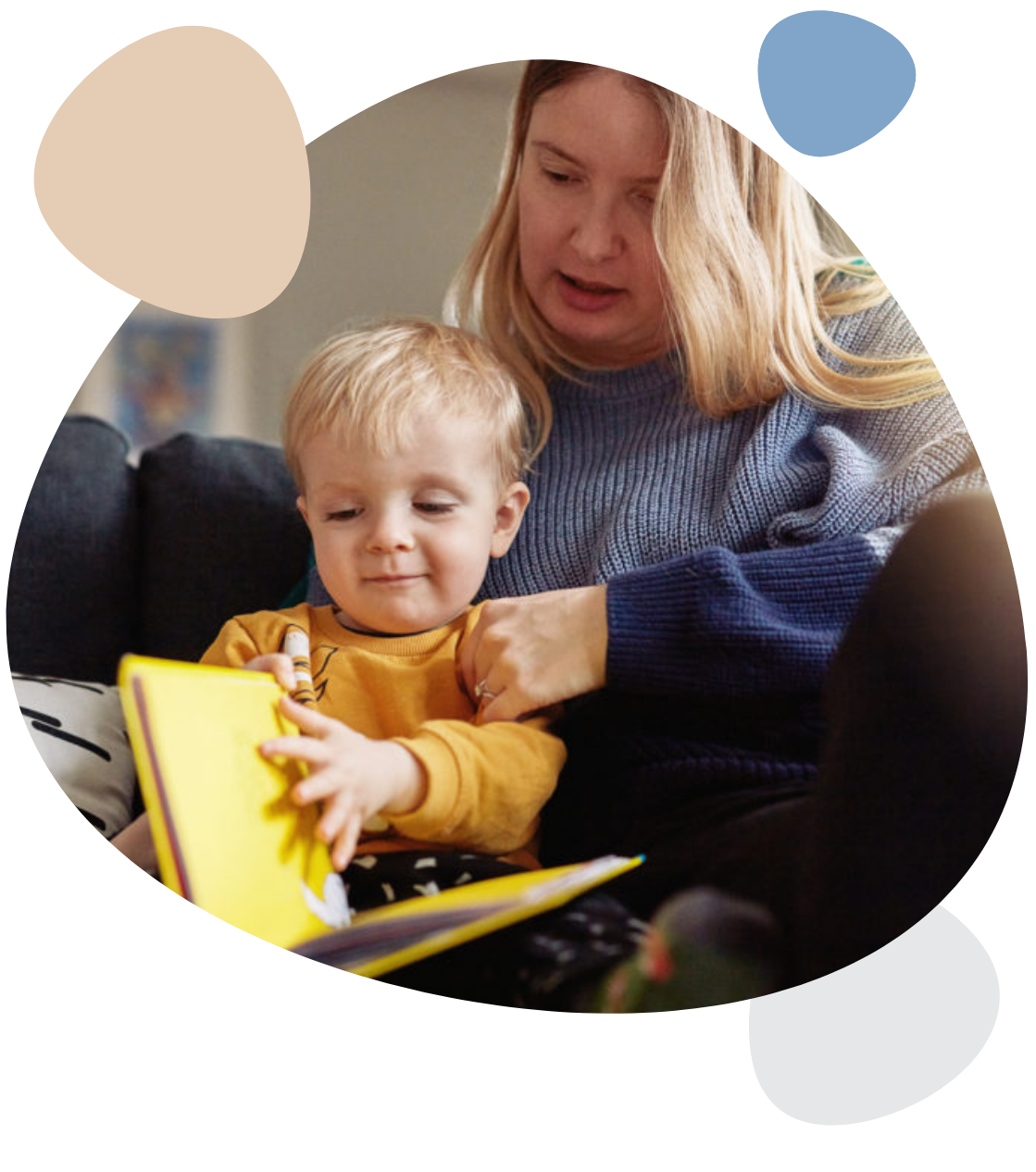This assessment examines the child’s literacy, numeracy and overall cognitive abilities, with a view to providing recommendations for strategies to be implemented at school to improve the child’s access to education. The Educational Psychologist uses a range of assessment tools to look at verbal reasoning, visual and spatial awareness, working memory, fluid reasoning, and processing speed, as well as the underlying skills that relate to reading, writing and arithmetic.
Our Educational Psychologists can communicate with the child’s school to find out more about the educational setting, and evaluate its suitability. Their report includes any changes that could be made, whether to the provisions or to the setting itself.
Our Educational Psychologist can also provide one hour online consultations to give feedback and practical recommendations to support your child in the classroom setting. During the online consultation, our educational psychologist will go through a structured parent interview to gain background information and further understand areas of concern, speak with your child to gain their views and analyse academic work samples, if needed. Following the consultation, a brief report can be provided to summarise the consultation and formally document recommendations. This is a great way to troubleshoot and unpick a young persons needs, without jumping into a full assessment.





